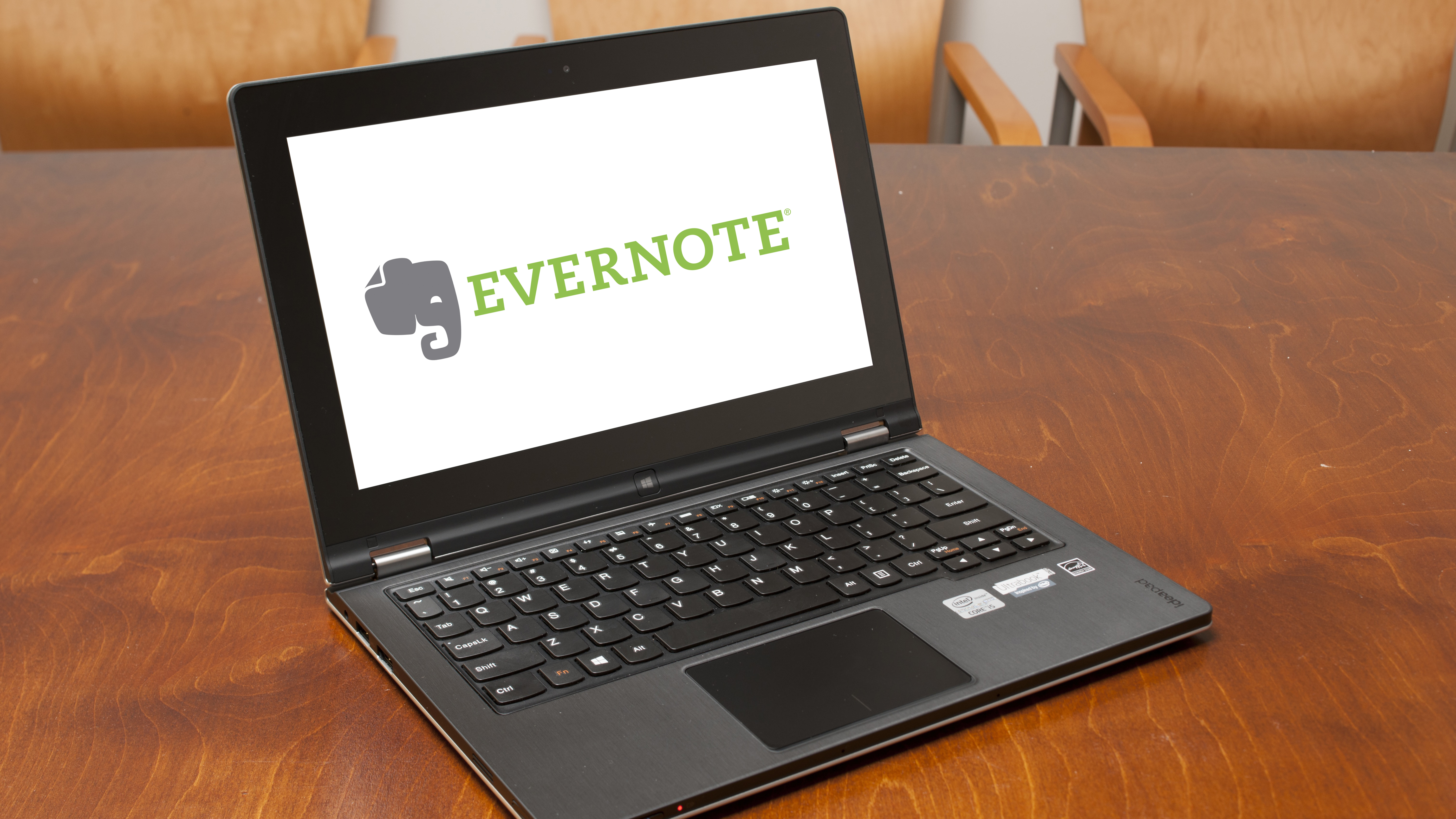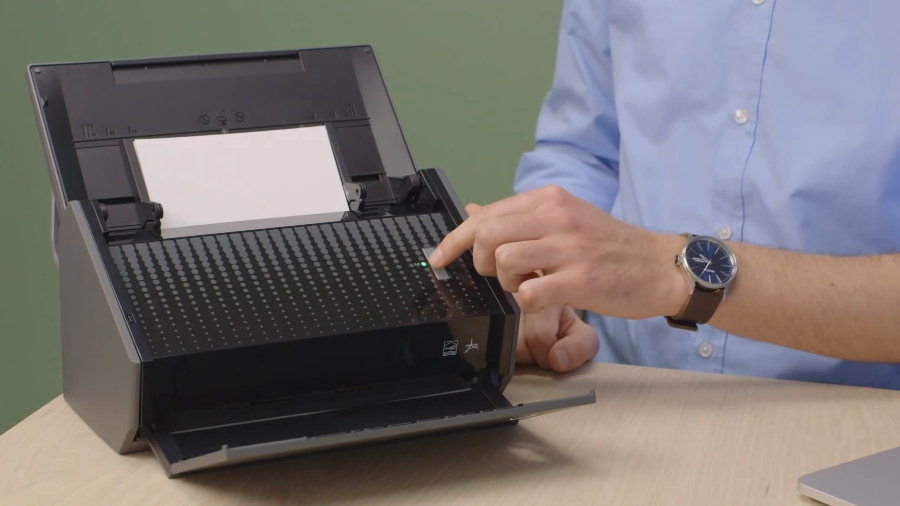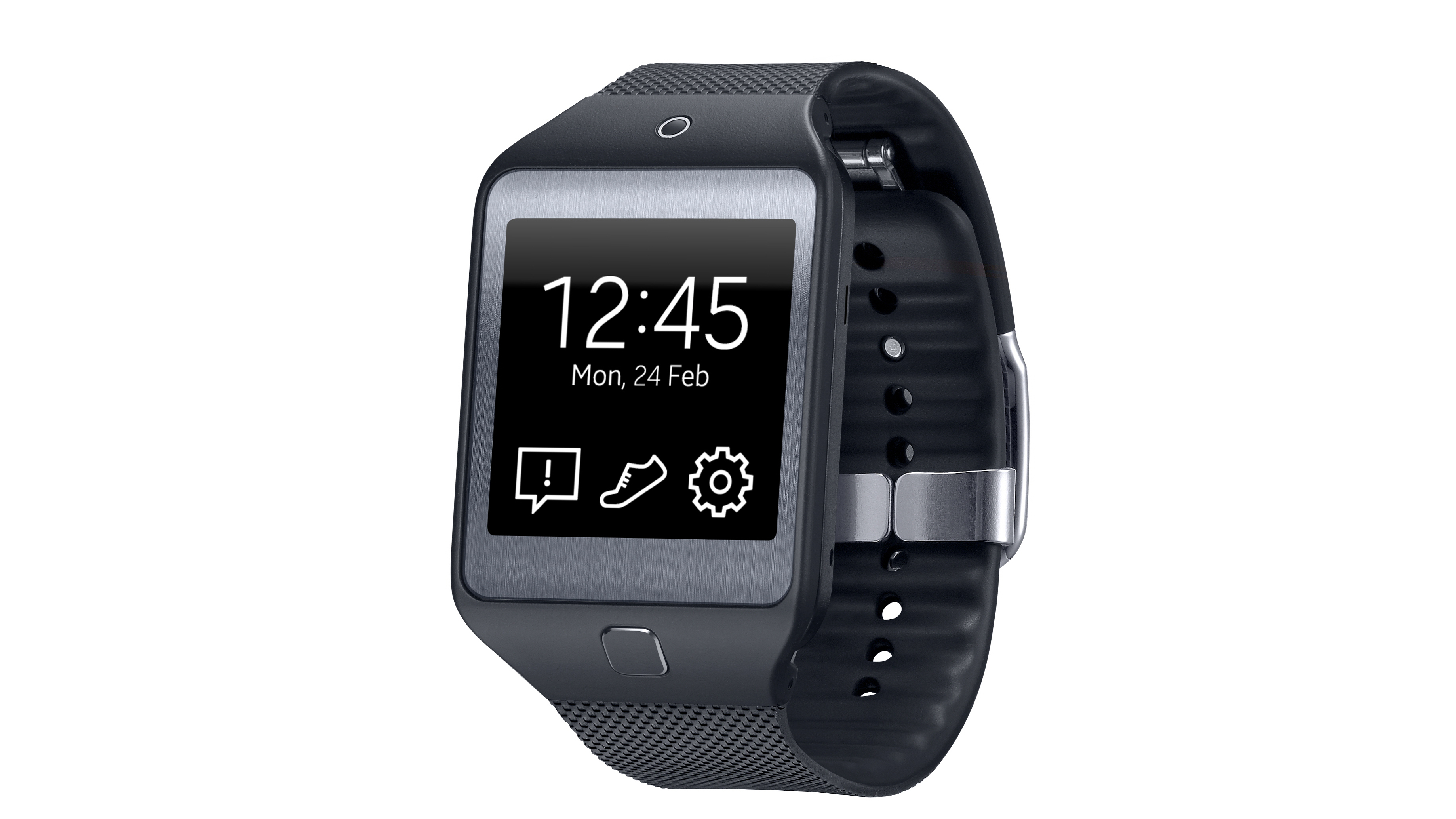How Evernote became the elephant in 90 million rooms
Even Buddhist monks are getting in on the game

There's been a few famous elephants over the years - from Dumbo's big-eared protagonist to the star of that 90s Rolo commercial.
California-based Evernote's logo, a grey elephant, is perhaps the most recognised trunk-toting mammal among fans of cloud-based productivity software in 2014.
More than 90 million people now use the company's digital writing and archiving service, which lets you store, organise and sync text-based 'notes' and other media across desktop and mobile devices.
Not bad for an elephant that's lousy at circus tricks.
According to Linda Kozlowski, head of International Marketing at Evernote, the company's growth is showing no signs of slowing down and is mostly driven by "accelerated word of mouth".
"We still don't do a ton of traditional advertising," she says. "It's more about how we expand on word-of-mouth by spotting patterns and letting users tell us what they're interested in so we can serve those needs."

Going global
Kozlowski believes that it was necessary for the company to develop a global mindset from day one as 73% of its users reside outside of the US.
Sign up to the TechRadar Pro newsletter to get all the top news, opinion, features and guidance your business needs to succeed!
Doing so allowed it to focus on geographical markets, she adds, with one of the first big wins coming after the company added handwriting recognition for 31 languages, as well as Asian character support.
This led to a surge in adoption in Japan and China when combined with the integration of Evernote into LiveScribe's Wifi smartpens in 2010, marking a successful foray into the hardware business.
"The combination of handwriting recognition, new input devices and the ability to capture information on the go using mobile devices proved the perfect formula for us," says Kozlowski. "That merging of physical and digital is where we're going next, and it's where we'll see the innovation."

Inner beauty
As the mnemonic goes, big elephants are supposedly ugly, but Kozlowski maintains that tying Evernote to hardware is all about bringing out the beauty in devices, a practice that has gone missing in recent times.
"Somehow over the last 20 years there became this artificial separation of software and hardware, which we feel is coming back together," she says. "Those experiences are very important to each other. If you have something that's beautifully designed but doesn't run well, what good is it?"
The company now has a growing list of hardware partners that includes Moleskin and Fujitsu, which have released Evernote-compatible 'Smart Notebooks' and document scanners respectively.
Evernote is also keeping a keen eye on developments in wearable technology as it treads the hardware path, outing apps for Google Glass and smartwatches, including the Samsung Galaxy Gear.
The app for the latter serves up tailored features such as displaying scheduled reminders with associated notes, and the device's camera lets you upload snapped pictures and recorded audio straight into Evernote.
For Kozlowski, added convenience will be the main benefit offered by wearables (as opposed to, say, taking photographs). Achieving this in a way that "makes sense" has been taken on by the company's Augmented Intelligence unit, she says, which was setup to make the process of using Evernote with products "more natural".

"It's early days, and the only way you can figure it out, the same as everything else, is to jump in at the beginning and learn how people are using them," she says. "Wearables are really interesting in that information can be served up that's relevant to you at that moment, but it has to be done in a way that's elegant and not creepy."
Evernote takes a process-driven view to Augmented Intelligence, Kozlowski adds, comparing the company's strategy around products to how sports companies tap into their customers' long-term ambitions.
"It's like what our Phil [Libin - Evernote's CEO] said about Evernote wanting to be 'Nike for your brain'," she says. "Nike is an example of where you buy a pair of something because you want to be fit. We want you to buy something from Evernote because you want to be smart. That's our ultimate goal."
